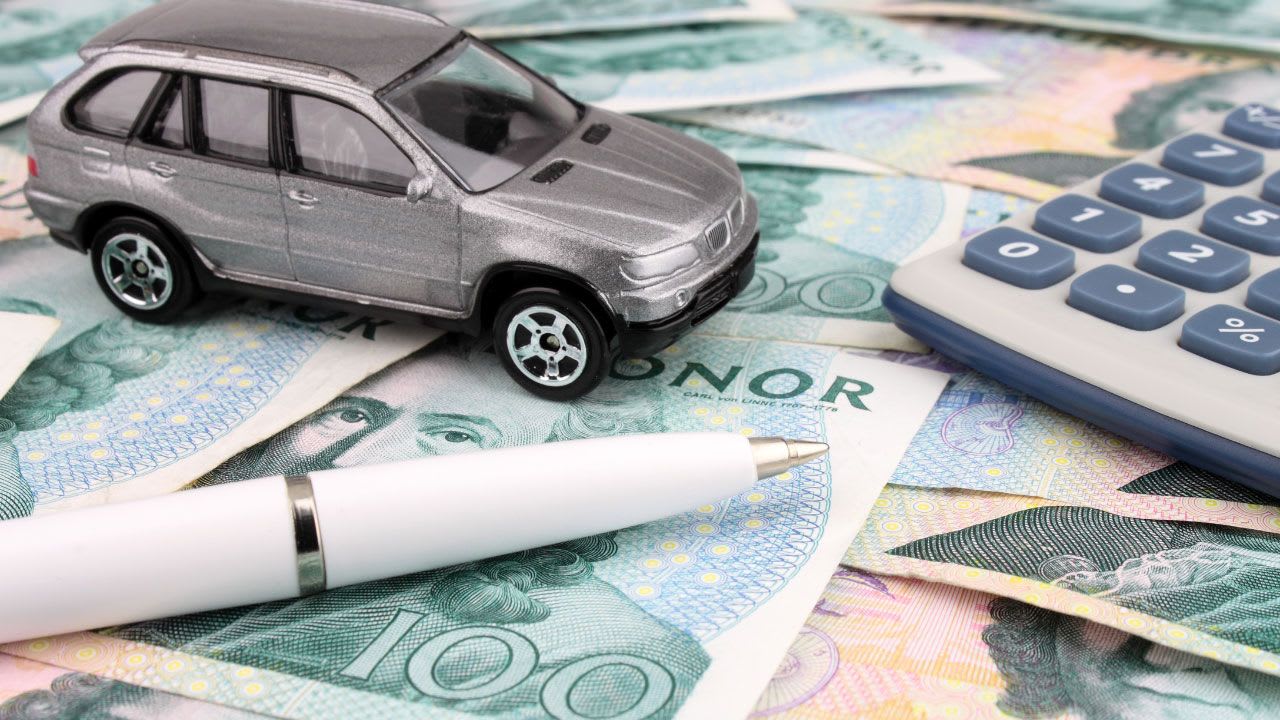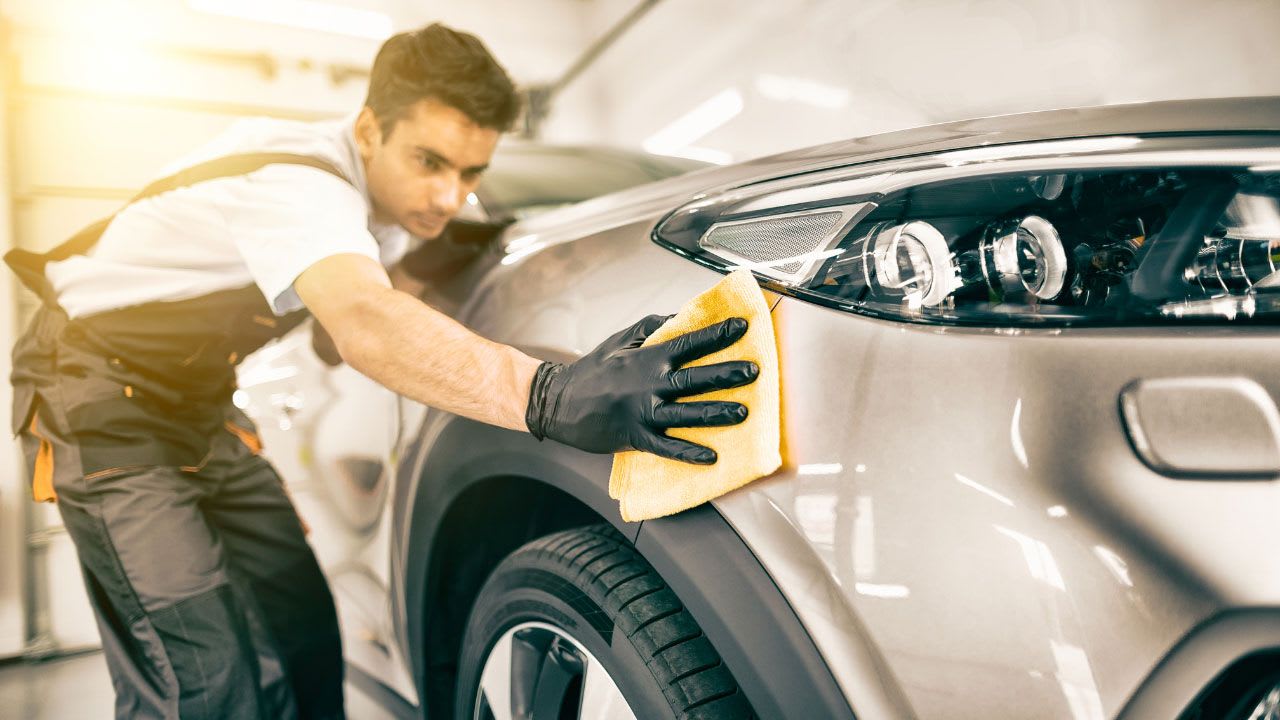
By John Watson
20 May 2023
Buying a used car in Hawaii: Explained for Beginners
Purchasing a used car can be an exciting and cost-effective way to meet your transportation needs, especially in a beautiful place like Hawaii. The islands offer a unique driving experience with breathtaking landscapes and diverse terrain. However, before diving into the used car market, it's essential to navigate the process wisely to ensure you find a reliable vehicle that suits your requirements. In this comprehensive guide, we'll walk you through the essential steps and considerations when buying a used car in Hawaii.
When considering a used car in Hawaii, it's important to take into account the diverse topography and its impact on vehicle choice. The volcanic terrain, with its uneven surfaces and unpaved roads, may require a vehicle with good ground clearance and four-wheel drive. Mountainous areas call for strong engine performance and handling capabilities, while coastal drives may benefit from convertibles or vehicles with panoramic sunroofs.
In urban areas, maneuverability and parking capabilities are key, along with fuel efficiency. It's also important to consider weather conditions, such as wet roads and high humidity, and for island hopping, a compact or mid-size car that is easy to transport may be practical.
Buying a used car in Hawaii: what you must know!
When it comes to buying a used car in Hawaii, there are important factors you must be aware of. From understanding the local laws and regulations to conducting thorough inspections and verifying vehicle history, being well-informed can save you from potential pitfalls. This guide provides essential information to ensure a successful and stress-free used car purchase in Hawaii.
Research and Budget

Begin your journey by conducting thorough research on the types of cars that suit your lifestyle, preferences, and budget. Consider factors like fuel efficiency, cargo space, safety features, and maintenance costs. Set a realistic budget, factoring in expenses such as registration, taxes, insurance, and ongoing maintenance.
Reliability and Vehicle History
When purchasing a used car, it's crucial to assess its reliability and condition. Obtain the vehicle identification number (VIN) and request a comprehensive vehicle history report, which provides valuable information about accidents, ownership, maintenance records, and any potential issues. Also, consider getting a pre-purchase inspection from a trusted mechanic to ensure the car is in good condition.
Shopping Options
Hawaii offers several avenues for finding used cars. Start by exploring online platforms such as Find Used Online, Craigslist, Autotrader, or local classifieds websites, where you can find a wide range of vehicles. Dealerships, both franchised and independent, are also popular options. Additionally, keep an eye out for local car auctions, as they can sometimes yield great deals.
Local Market Considerations
Hawaii has unique factors to consider when purchasing a used car. The tropical climate can impact a vehicle's condition, so it's important to inspect for rust, corrosion, and water damage. Additionally, factors like high demand, limited supply, and shipping costs can influence the pricing of used cars. Be prepared to be patient and flexible when searching for the right vehicle within your budget.
Test Drive and Inspection

Before finalizing any purchase, take the car for a comprehensive test drive. Pay attention to the vehicle's performance, including acceleration, braking, steering, and suspension. Assess the comfort level, visibility, and ease of use of the car's features. Look out for any unusual sounds or vibrations. If possible, schedule an independent inspection by a trusted mechanic to identify any hidden issues.
Financing and Insurance
Evaluate your financing options and consider obtaining pre-approved financing to have a clear idea of your budget. Shop around for competitive interest rates and loan terms. Once you've selected a vehicle, compare insurance quotes to ensure you're getting the best coverage at a reasonable cost.
Documentation and Title Transfer
When finalizing the purchase, make sure to obtain all necessary documentation, including the bill of sale, title, registration, and any warranty information. Verify that the seller has clear ownership of the vehicle and that there are no outstanding liens. Complete the necessary paperwork for the title transfer and registration at your local Department of Motor Vehicles (DMV) office.
Ongoing Maintenance and Ownership

Congratulations on your new car! Remember to maintain your vehicle regularly by following the manufacturer's recommended service schedule. Regular oil changes, tire rotations, and fluid checks are essential for keeping your car in good condition. Familiarize yourself with local repair shops and authorized service centers to ensure you have reliable options when needed.
Buying a car from a private seller in Hawaii
Buying a car from a private seller in Hawaii involves researching and setting a budget, obtaining a vehicle history report, and conducting a thorough inspection. Search for used cars online and test drive the chosen vehicle while paying attention to its performance. Secure financing and insurance, collect all necessary documentation and complete the title transfer at the local DMV. Regular maintenance is essential for the purchased car.
Buying a used car in Hawaii can be a rewarding experience if you approach it with careful research and consideration. By following the steps outlined in this guide, you'll be well-prepared to find a reliable and suitable vehicle that fits your budget. Whether you're exploring the stunning beaches of Maui or navigating the scenic.